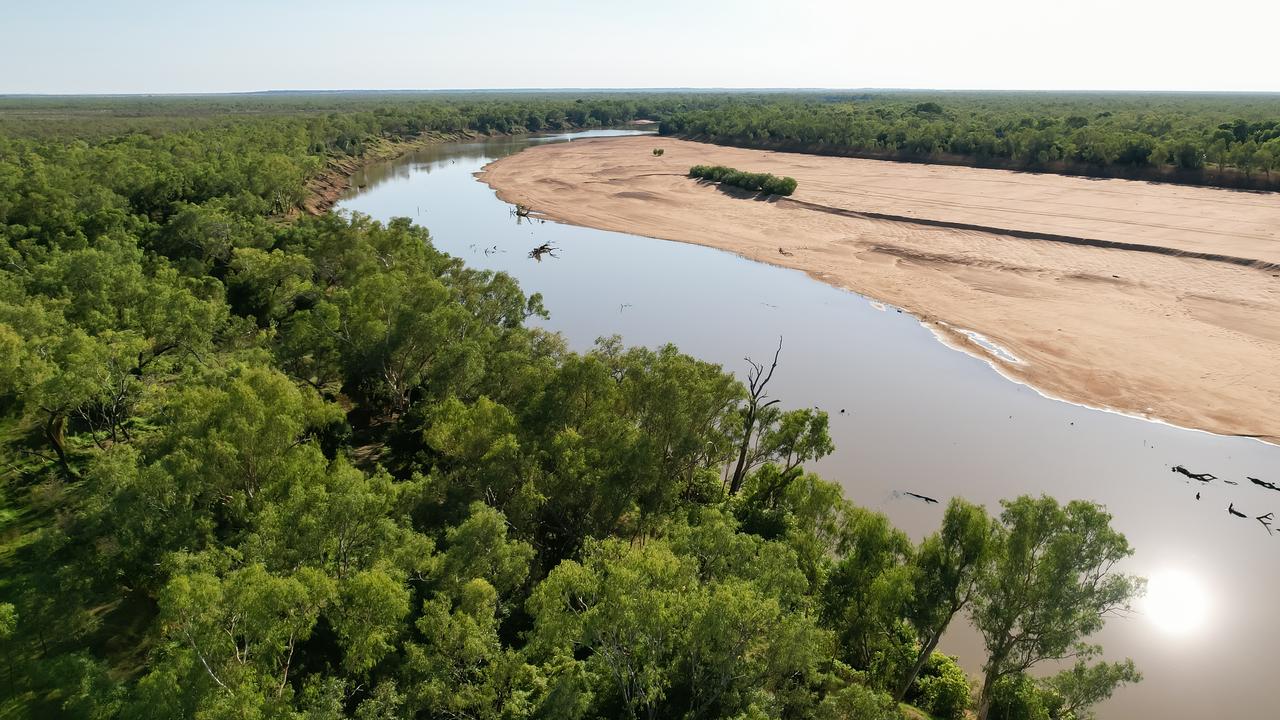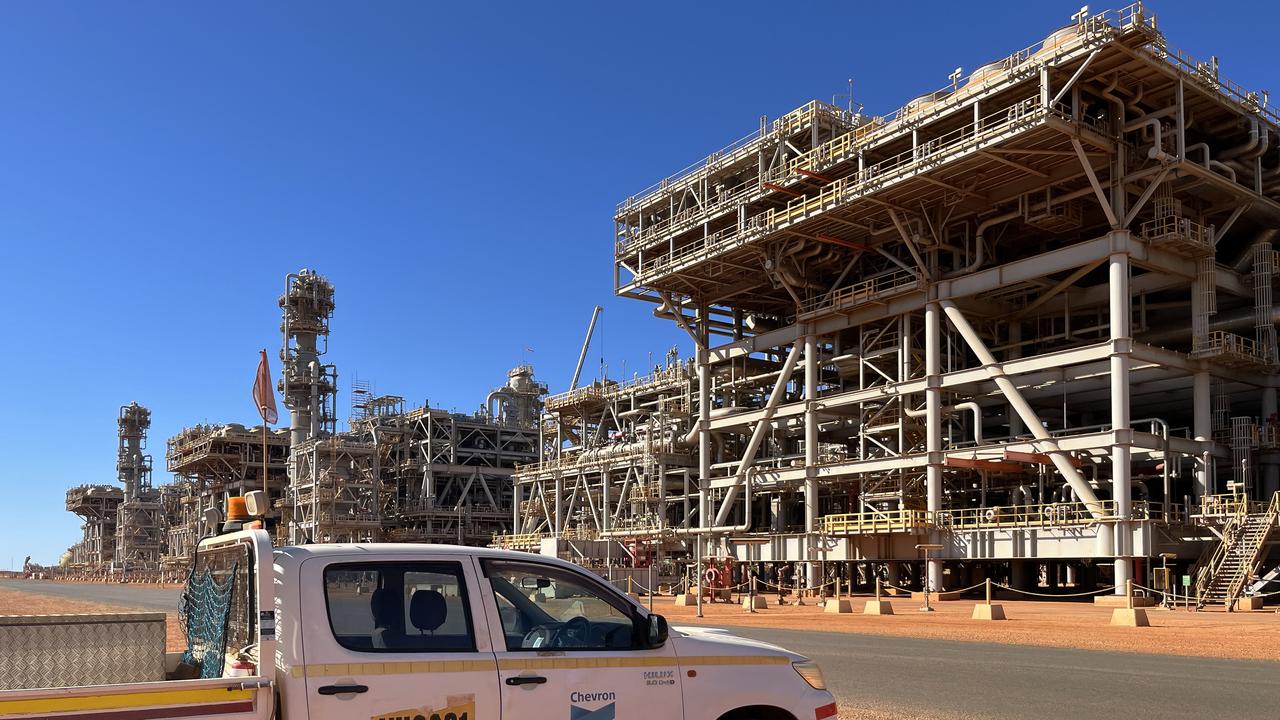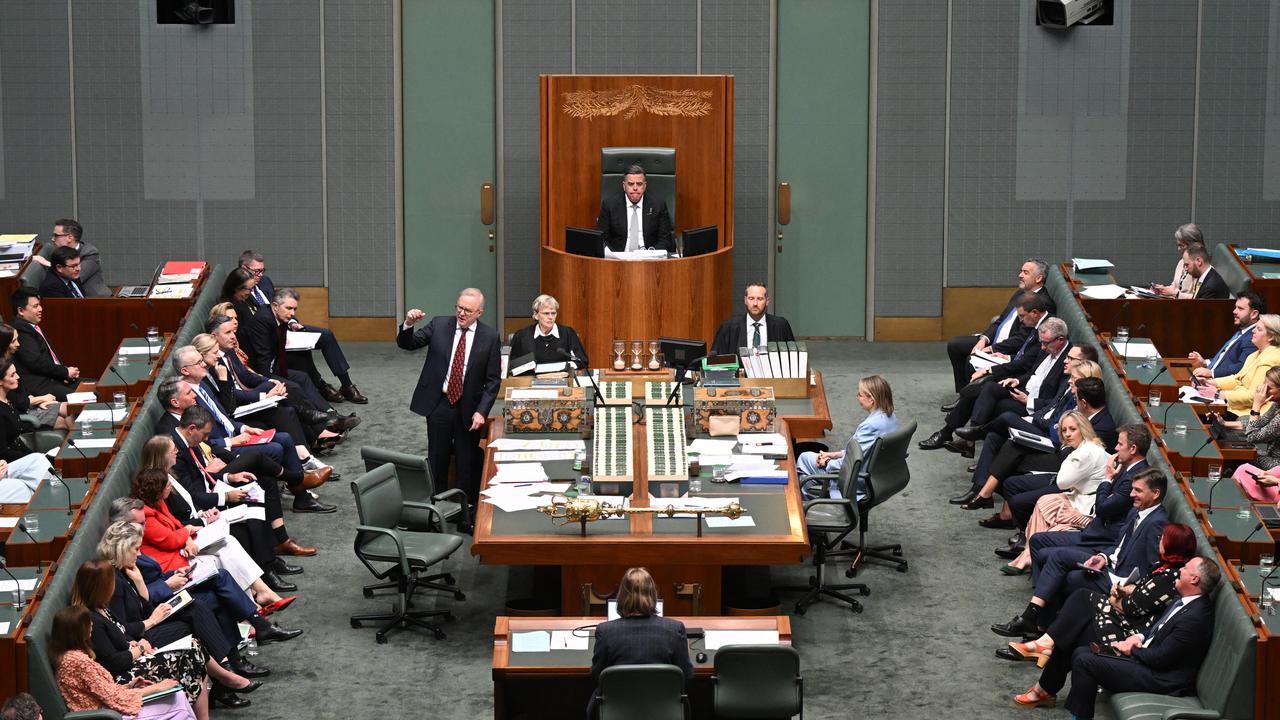
Landmark environmental law reforms will be signed off in parliament as industry groups work through the impact of the changes.
The Greens agreed to support Labor’s long-awaited rewrite of the Environment Protection and Biodiversity Conservation Act after securing concessions amid tense negotiations and a tight deadline.
Prime Minister Anthony Albanese declared the reforms marked a “new era for the environment and productivity”.
The laws passed the Senate on Thursday night and will be signed off in the House of Representatives on Friday morning.

The reforms are inspired by Graeme Samuel’s 2020 review of environmental laws, promising to better protect nature through environmental standards while speeding up project approvals.
Environmental groups broadly welcomed the deal, while mining and industry groups still hold concerns over excluding coal and gas projects from streamlined assessment pathways, meaning they can’t be fast-tracked.
University of Queensland law professor Justine Bell-James said the exemption of those projects aligned with public and political sentiment.
“These are really controversial things that need proper scrutiny,” she said.
“As well, it is just incompatible with the government trying to take a strong stance on climate change.”

In a concession to industry, the government agreed to address concerns about two pro-nature provisions, including an “unacceptable impact” definition that could rule out projects based on the harm they could cause to ecosystems.
Business Council of Australia chief executive Bran Black said ambiguity remained in the definition and how it would apply to projects.
“What that means is right across the board, there is the potential that projects that are presently capable of being assessed will no longer be capable of being assessed under that new system,” he told reporters on Thursday.
Prof Bell-James said the reforms were “not so substantially different” from the current framework that housing and other projects likely to receive approval today would suddenly be rejected under the new regime.
“More than 99 per cent of projects that interact with the act are approved,” she said.

A major change was the introduction of bioregional planning that would allow governments to assess environmental impacts at a landscape scale rather than project-by-project, the professor said.
This allows regulators to identify ecologically important areas that must be protected and map out where development can occur with fewer environmental conflicts.
Prof Bell-James described the mechanism as an appropriate way to manage large developments.